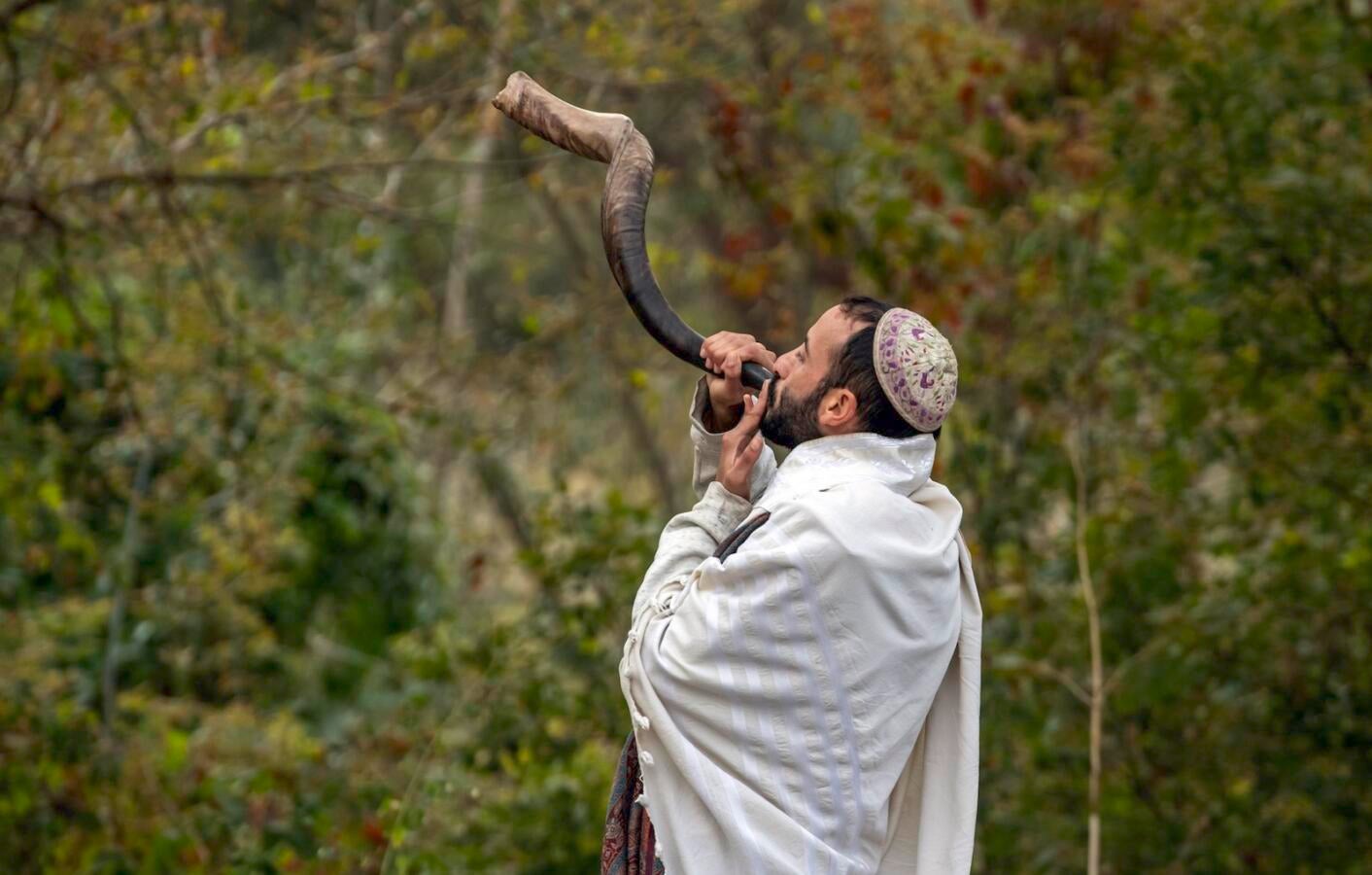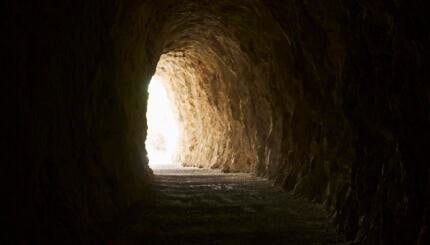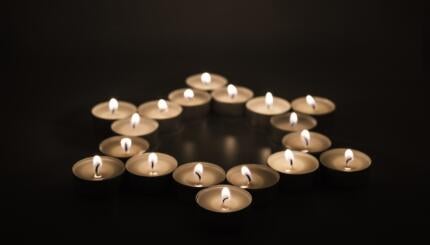Moses was shepherding his father-in-law’s flock of sheep at the edge of the desert when he noticed a bush that appeared to be burning but emitted no smoke. When he turned to stare at the sight, he heard himself addressed by a voice that sounded like it was coming from the flames: “Moses. Moses. Take off your sandals; you’re standing on holy ground. I am the God of your ancestors. I have seen the pain of my people in Egypt and I need you to help me free them from Pharaoh’s work camps.”
Who am I, Moses wonders, to face down the Egyptian ruler. I’m a shepherd, not a leader. Nobody will believe that God has told me to lead the Israelites to freedom. What will I tell them, Moses asks God, when they ask me your name?
Now, the Torah says God answered Moses like this: “Tell them ‘I will be who and what I will be’ is my name. Tell them that!” But I like to think what Moses heard went more like the Emily Dickinson poem:
I’m nobody! Who are you?
Are you nobody, too?
Then there’s a pair of us, don’t tell!
They’d banish us, you know!
Moses got it. It took him awhile, but he got it: The bush in fact had not been burning. The voice, which sounded so very familiar, was the voice of his father Amram, from whom he had been separated decades earlier. In his gut, he knew that he was being summoned by his ancestors and after great struggle accepted the mission as his own. And God? God, he realized, was unnameable, a shape-shifting trickster who could not be seen or pinned down. Having heard what he heard, Moses found himself possessed of a task which eventually he would name a mitzvah.
With your help, My Jewish Learning can provide endless opportunities for learning, connection and discovery.
So begins the Exodus story that we tell on Passover during the spring month of Nissan. But right now, as you read this, it is almost the fall month of Tishrei, the first day of which is Rosh Hashanah, the Jewish celebration of the birthday of the world. On this day, Jews give ear to the voice that emerges from a shofar, the horn of a ram, that will be blown in synagogues and other assembly sites around the world. Three sounds are conjured by the shofar: tekiah (a blast), shevarim (a stuttering spurt) and teruah (a wavering siren). But what in fact does a Jew hear emerging from the maw of a ram’s horn?
Some may hear (or seek to hear) the voice of the Creator vibrating still like the gravitational wave of the Big Bang: “Let there be light!” Others hear the tearful weeping of Sarah, wife of Abraham, who believed (errantly) that her husband had slaughtered their son, Isaac. Yet others hear the voice of Rachel weeping and moaning for all the children who are still dying in wars.
I cannot predict what I will hear as the shofar is sounded this Rosh Hashanah. But I do know what I’m likely to seek to hear in the weird notes that will burst and splutter and gyrate against my body. I want to hear the sounds of children playing on a high narrow wooden bridge that hangs like a bungee cord across a deep gorge of cold turbulent waters, utterly unaware that with one wrong step they could fall into oblivion, the world as it was before the big bang of being.
Yes, I think that’s right. I will not need to hear the moan of a mother grieving for her child dying of starvation, nor of a father carrying the limp body of his four year old shot by a stray (or an aimed) bullet. In the silence that ripples after the last blast, I will seek to hear the snow man whom Wallace Stevens imagined:
… who listens in the snow,
And, nothing himself, beholds
Nothing that is not there and the nothing that is.



